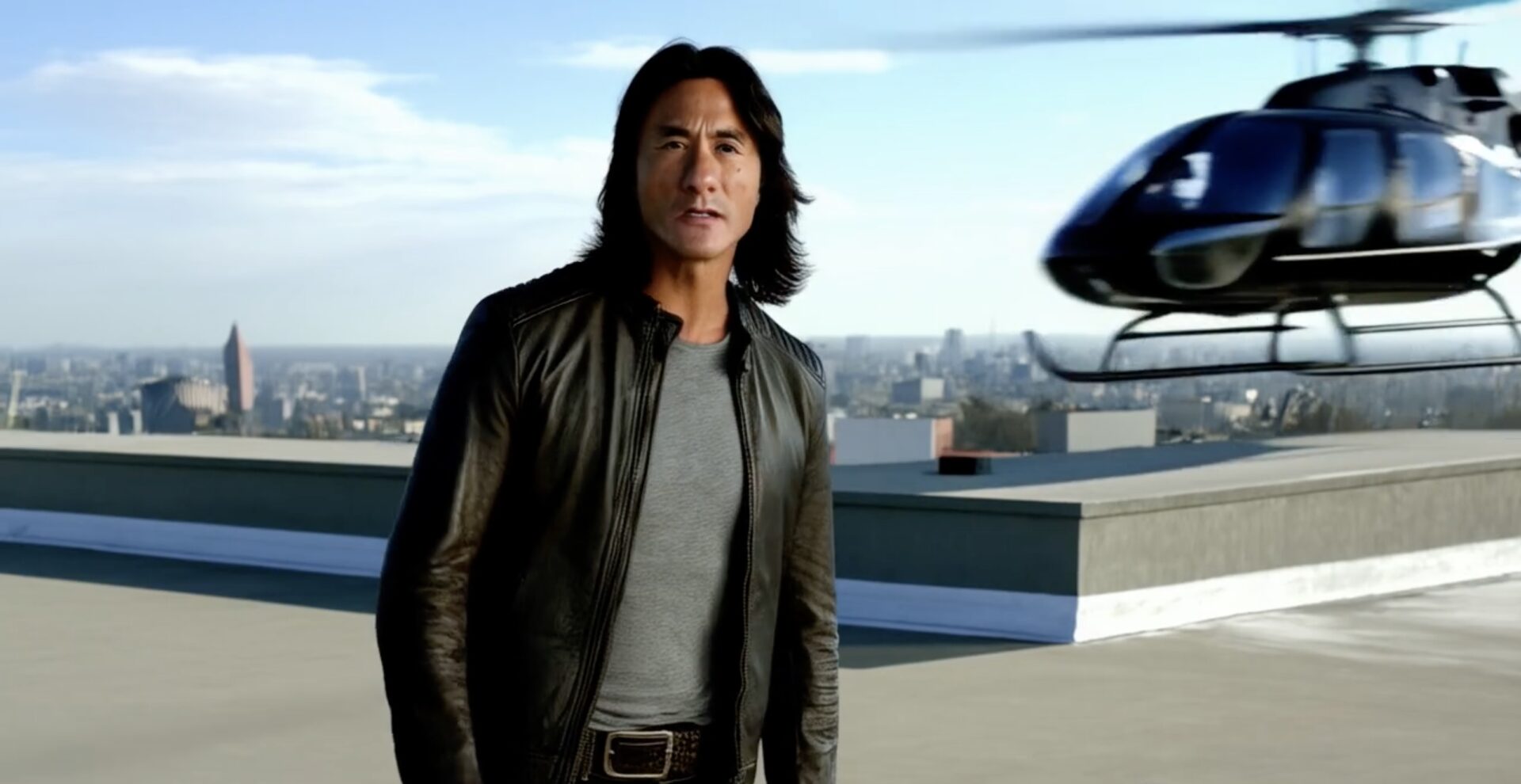We’re excited to introduce you to the always interesting and insightful Bin He. We hope you’ll enjoy our conversation with Bin below.
Hi Bin, really appreciate you joining us to talk about a really relevant, albeit unfortunate topic – layoffs and getting fired. Can you talk to us about your experience and how you overcame being let go?
Thank you for asking this question. Although I haven’t experienced a layoff myself, I understand the challenges and pressures that come with facing uncertainty. In the film industry, unpredictability is the norm, and completing one project often means not knowing when the next opportunity will come. This has taught me how to navigate change and adversity.
With the rise of artificial intelligence and the rapid evolution of our industry, I believe that adapting and learning new skills is key. We need to continuously explore how to integrate technology into our creative process while staying true to our passion for storytelling. No matter what challenges arise, I firmly believe that by focusing on our goals, staying curious, and embracing change, we can always find our path and create new opportunities.
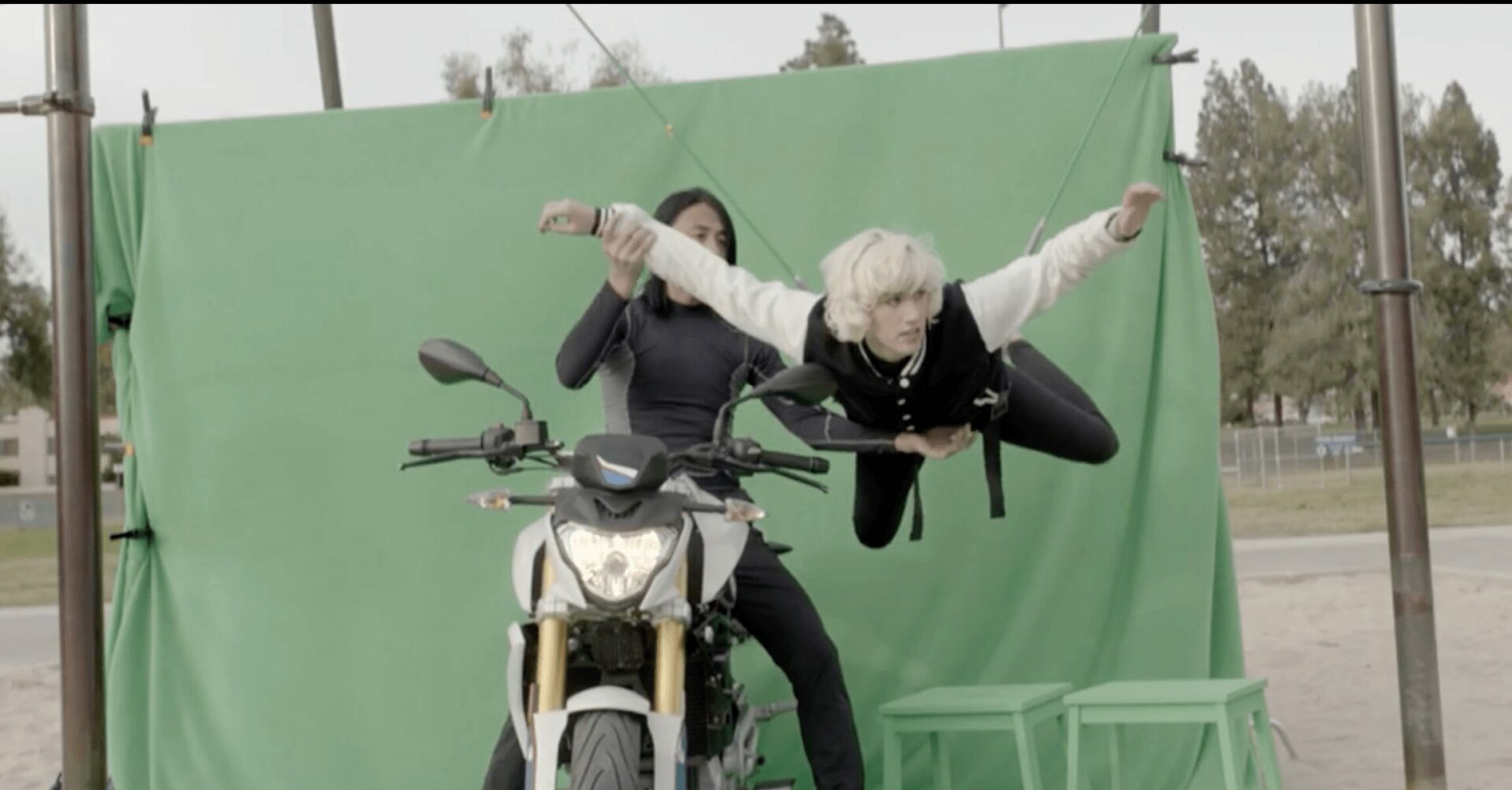
Let’s take a small detour – maybe you can share a bit about yourself before we dive back into some of the other questions we had for you?
I am Bin He, a film producer and director from China. I attended the prestigious Beijing Film Academy, where I majored in screenwriting in the Department of Literature. My first major was screenwriting, and I had the privilege of studying under Feng Mei, an award-winning writer recognized at the Cannes Film Festival, Golden Horse Film Festival, Tokyo International Film Festival, Asian Film Awards, and Beijing International Film Festival.
After graduating, I founded a media company, Dream Team Media Inc., where I produced China’s first professional social platform for the film and television industry. During this time, I created scripts for thirty different film and television production companies. Later, I pursued a Bachelor’s degree in Film and Television Production at California State University, further honing my skills as a filmmaker.
As a professional producer, I deeply understand the importance of budgeting and resource management. A significant portion of a crew’s time and resources is dedicated to the camera department, lighting, and equipment, especially when utilizing advanced technologies. To prepare for large-scale productions, I immersed myself in studying various equipment and technologies. This dedication allowed me to gain a comprehensive understanding of the tools essential to filmmaking. During this period, I also built a network of filmmakers and directly or indirectly helped over 600 companies and teams complete their filming tasks.
I am incredibly proud that some of the projects I participated in have won significant awards at prominent film festivals. These include Caminante, Caminante: La Leyenda del Huay Chivo, directed by Luis Quijano; Feté and Badsheet, co-directed by Luis Quijano and Andrii Lantukh; and Wishful Thinking, directed by Rodrigo Carvalhedo. Through these projects, I formed strong connections with nearly all the studio managers in Los Angeles, who have been fully supportive of the work I’ve been involved in.
I am also honored to have been invited to serve as a judge for the Hollywood AI Film Festival and as the producer of related programs. The festival’s website, hollywoodaifest.com, showcases its mission to support innovative storytelling through AI. I am passionate about assisting more filmmakers in bringing their visions to life and contributing to the evolution of the industry.
My journey has been one of continuous learning and collaboration, and I am committed to supporting the creative community while exploring new horizons in filmmaking.
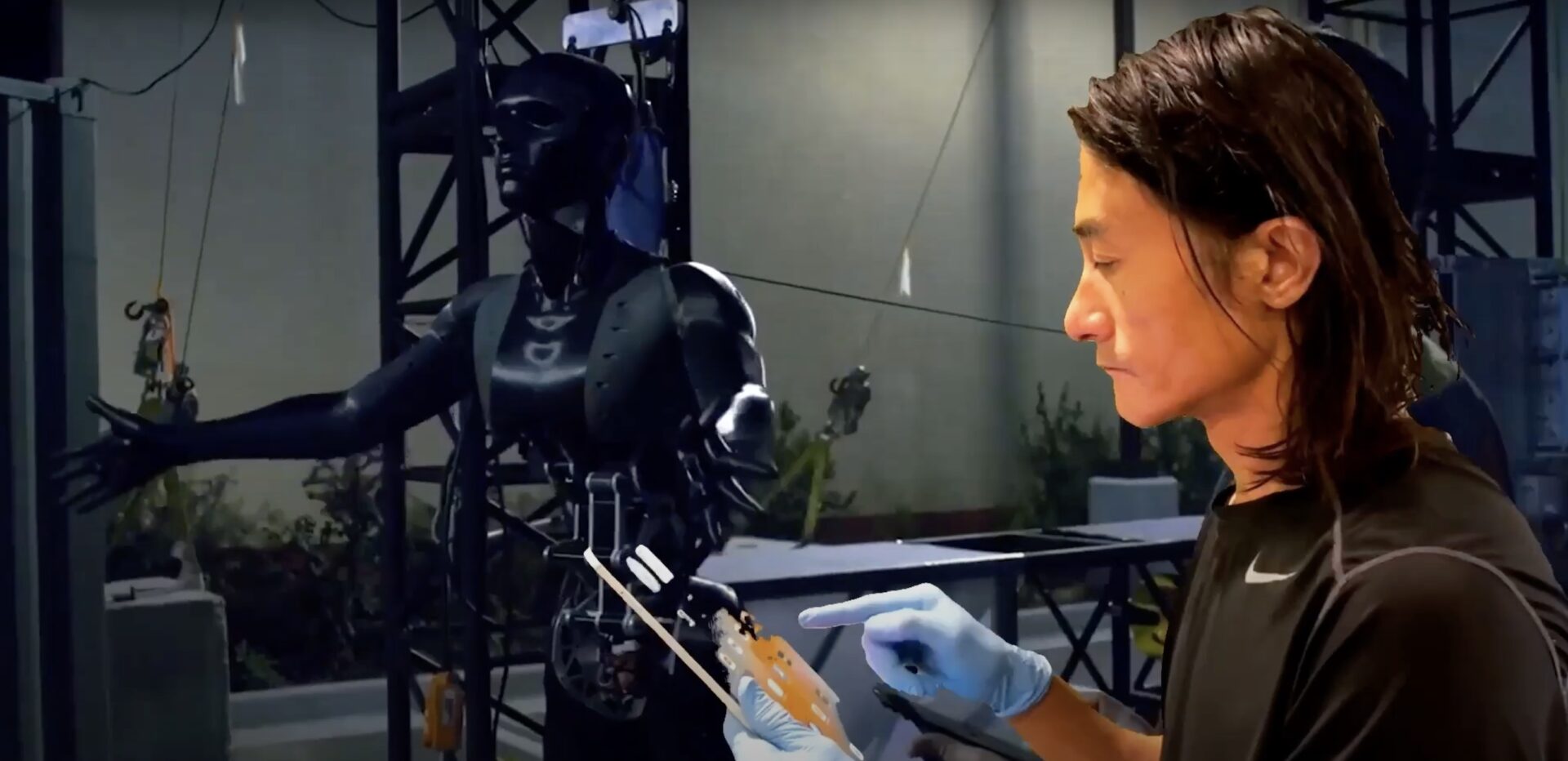
If you had to pick three qualities that are most important to develop, which three would you say matter most?
Looking back, I believe the three most impactful qualities, skills, or areas of knowledge in my journey have been adaptability, collaboration, and a deep understanding of storytelling. Let me elaborate on each and offer advice for those starting out:
Adaptability
The film industry is constantly evolving, whether it’s new technologies like AI, changes in audience preferences, or shifts in production practices. Being able to adapt to these changes has been crucial in staying relevant and moving forward.
Advice: Always be open to learning new things. Stay curious about emerging trends and technologies. Attend workshops, read industry updates, and don’t be afraid to step out of your comfort zone to try something new.
Collaboration
Film is a highly collaborative medium, and being able to work effectively with others is essential. From directors and actors to crew members and studio managers, building strong relationships and fostering a spirit of teamwork has been key to my success.
Advice: Develop your communication skills and learn to respect and understand different perspectives. Networking is important, but building genuine, trust-based relationships is even more valuable. Always bring a positive attitude to your team.
A Deep Understanding of Storytelling
At the core of every great film is a compelling story. My background in screenwriting helped me understand how to craft narratives that resonate with audiences, which has been invaluable throughout my career as a producer and director.
Advice: Study the craft of storytelling. Read books, analyze films, and, most importantly, practice. Write, rewrite, and seek feedback from others. The more you understand the nuances of storytelling, the better you’ll be at making creative decisions.
For anyone just starting out, focus on these three areas, remain passionate, and be persistent. The journey is challenging, but each step will help you grow both personally and professionally.
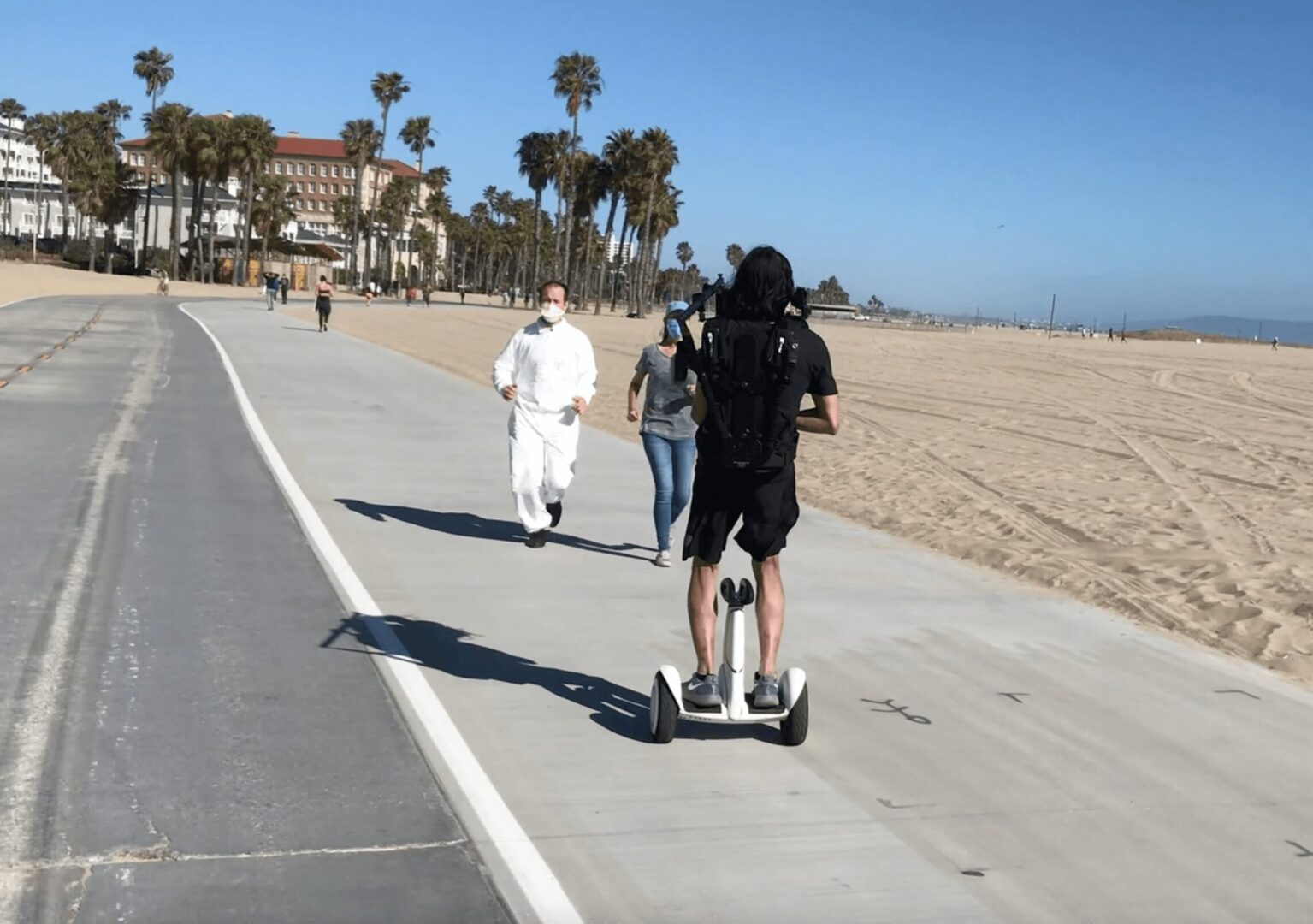
Do you think it’s better to go all in on our strengths or to try to be more well-rounded by investing effort on improving areas you aren’t as strong in?
I believe it’s important to strike a balance between focusing on our strengths and improving weaker areas, but the emphasis depends on your goals and the context. Going all in on your strengths allows you to excel in your niche and stand out, while working on your weaknesses ensures you’re versatile enough to navigate challenges effectively.
Let me share a story to illustrate my perspective. Early in my career, I was primarily focused on screenwriting because that was my strength and passion. I spent countless hours refining my craft, and it became a defining part of my identity as a filmmaker. However, when I transitioned into producing and directing, I realized that focusing solely on my strengths wasn’t enough. I needed to understand budgeting, team management, and technical aspects like cinematography and editing to lead a project successfully.
For example, when I worked on the film Caminante, Caminante: La Leyenda del Huay Chivo, I had to collaborate with the camera crew and the lighting department to ensure everything aligned with the vision. Although these weren’t my strongest areas, I dedicated time to learn and contribute meaningfully. This effort not only enhanced the project but also broadened my skill set, making me a more well-rounded filmmaker.
My advice is to focus deeply on your strengths so you can create a unique value, but don’t shy away from improving areas that could hold you back. Developing a foundational understanding of your weaker areas will allow you to collaborate more effectively and open doors to new opportunities. Ultimately, the most successful people I’ve worked with are those who master their craft but also have the adaptability to handle challenges outside their comfort zone.
Contact Info:
- Website: https://hollywoodaifest.com/
- Instagram: https://www.instagram.com/funnyvideosmaking/
- Youtube: https://www.youtube.com/watch?v=gi1pbM8Pmzs&t=65s
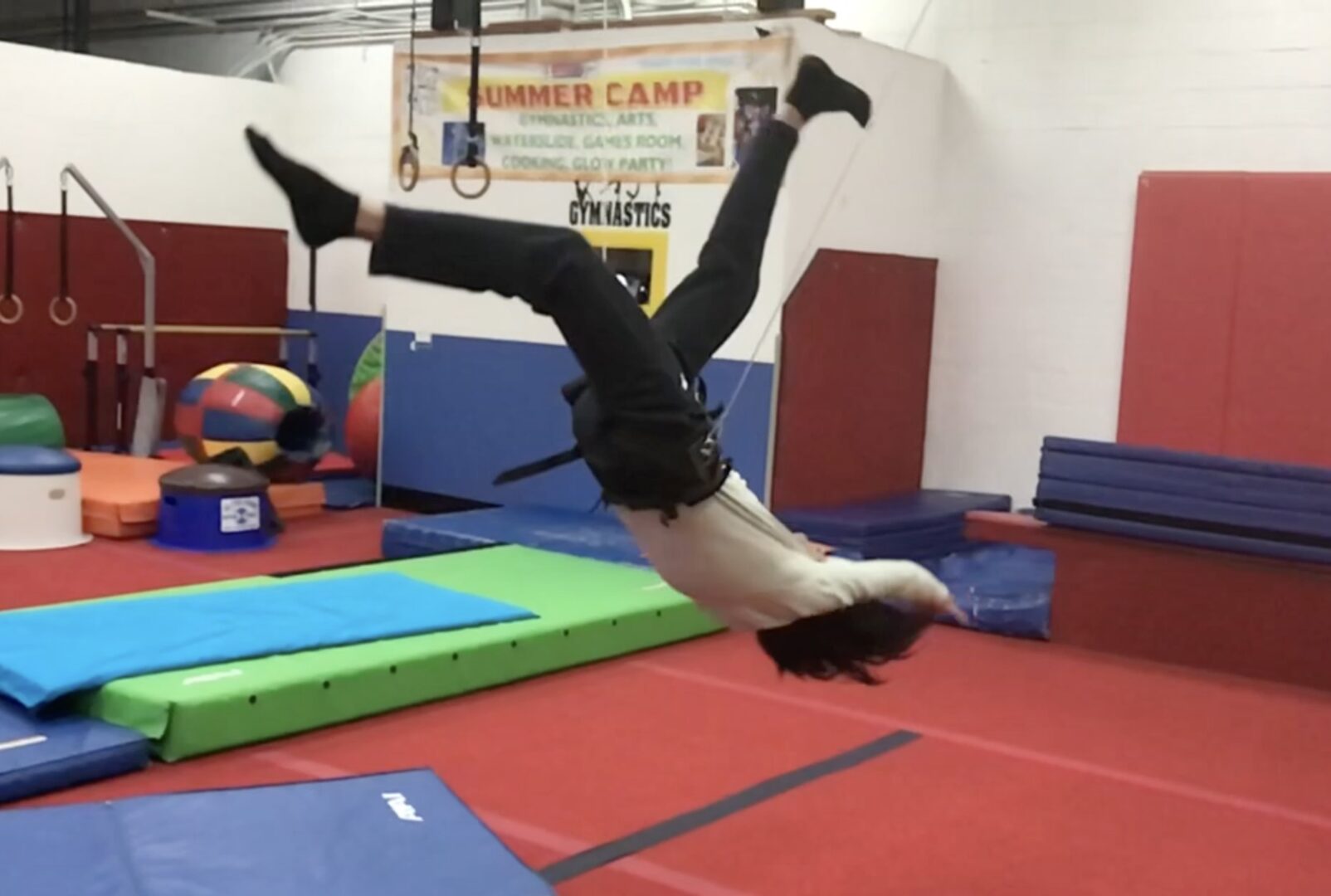
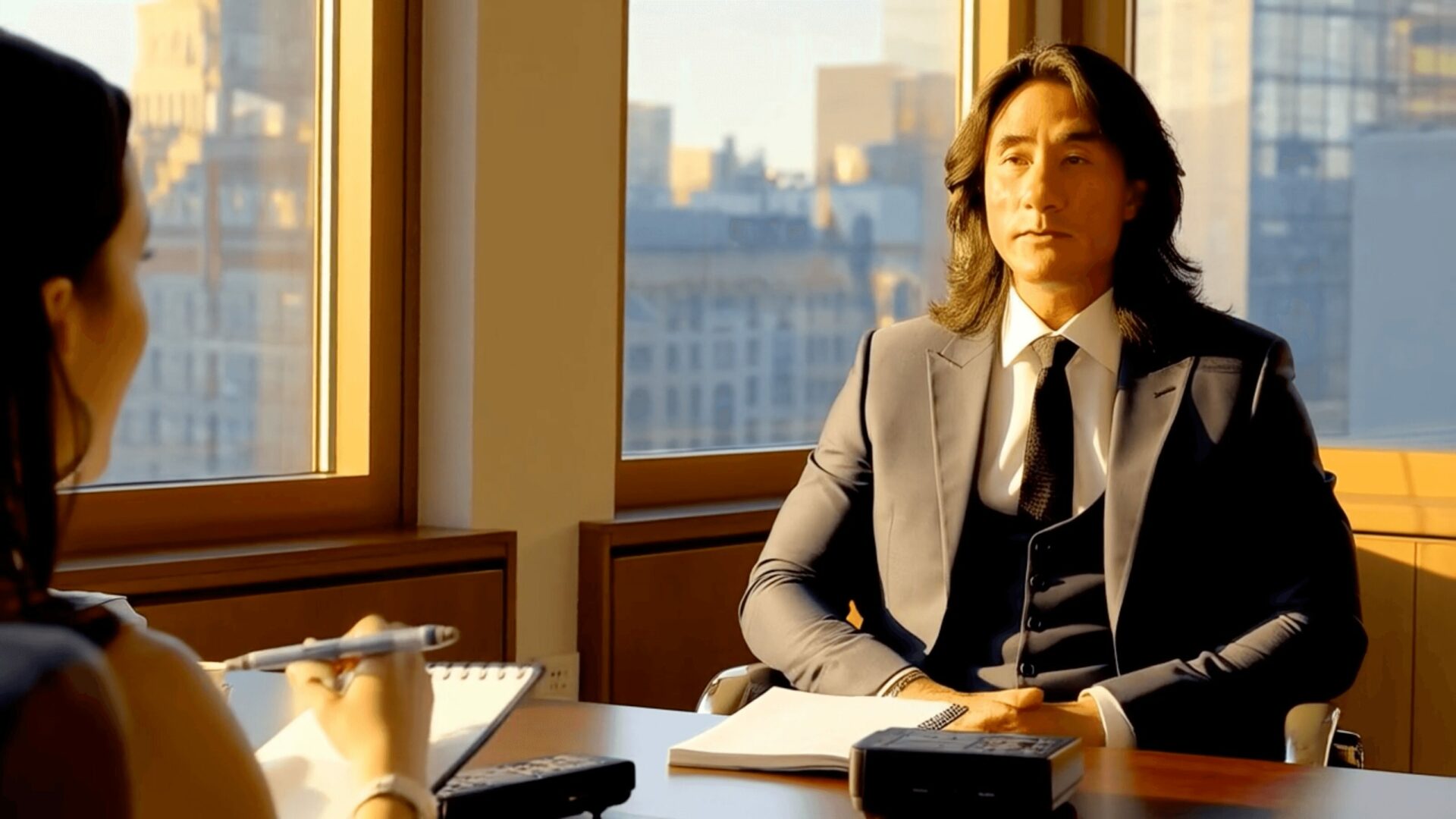
so if you or someone you know deserves recognition please let us know here.

